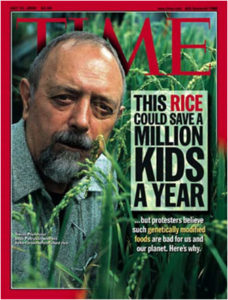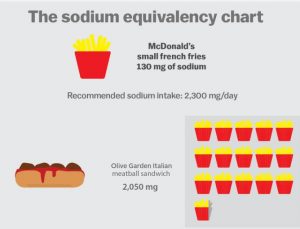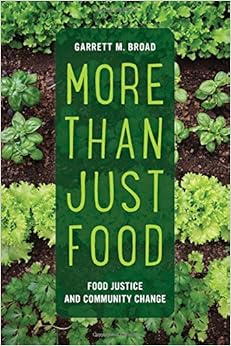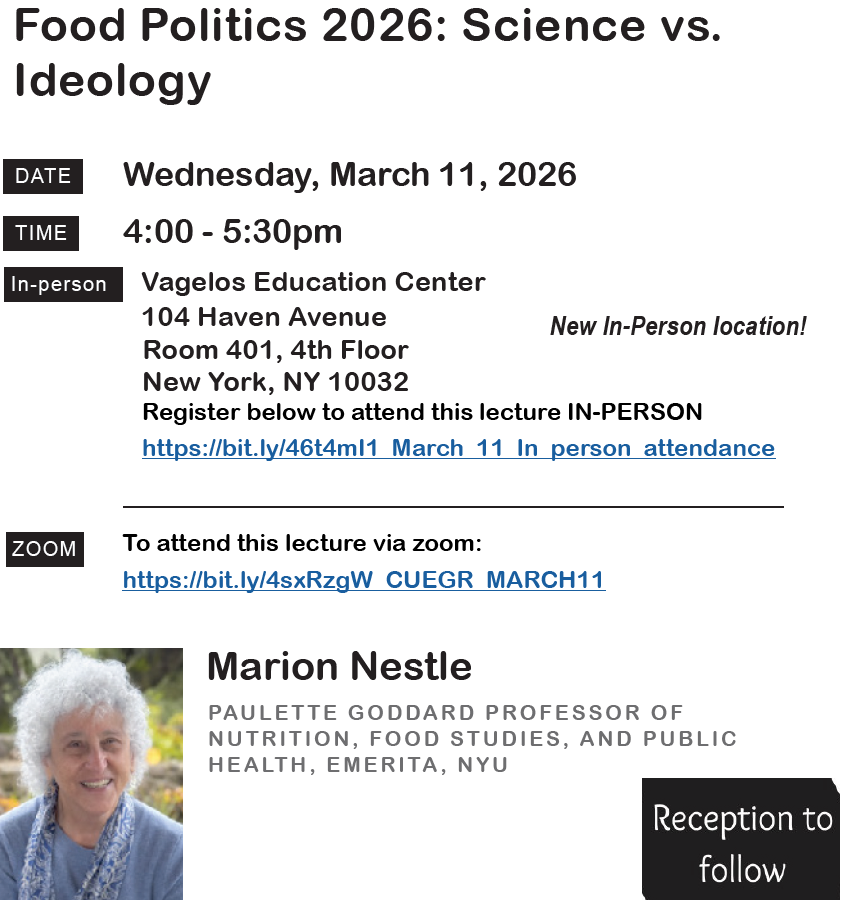Where are we on Golden Rice?
Golden Rice, genetically engineered to contain beta carotene, has long been the poster child for the benefits of GMOs—as witnessed by this Time Magazine cover of July 31, 2000.
Beta-carotene is a precursor of vitamin A and the idea behind this rice was that it could—a conditional word expressing uncertainty—help prevent blindness due to vitamin A deficiency in areas of the world where this deficiency is rampant.
But vitamin A deficiency is a social problem. Fruits and vegetables containing beta-carotene are widely available in such areas, but are not grown or consumed as a result of cultural or economic issues. If they are consumed, people cannot absorb the beta-carotene cannot be absorbed because of poor diets, diarrheal diseases, or worms.
Here we are, 16 years after the Time cover, and Golden Rice is still not on the market.
I predicted its current problems in my book, Safe Food: The Politics of Food Safety, first published in 2003. In Table 12 (page 158) I outlined the many basic research studies and research on production, consumer acceptance and use, and clinical effectiveness that would have to be done before Golden Rice could be shown to achieve its intended purpose. Much of this research has now been done but plenty more still needs doing on getting it produced and into the mouths of people who most need its beta-carotene.
Proponents of the benefits of Golden Rice, however, complain that anti-GMO activists are responsible for keeping the rice off the market.
Not so, says an article in the Source, a publication of Washington University in St. Louis. Based on what some of its researchers have just published in an article in Agriculture and Human Values, the Source quotes one of its authors:
The rice simply has not been successful in test plots of the rice breeding institutes in the Philippines, where the leading research is being done,” Stone said. “It has not even been submitted for approval to the regulatory agency, the Philippine Bureau of Plant Industry (BPI)…The simple fact is that after 24 years of research and breeding, Golden Rice is still years away from being ready for release.”
As I learned long ago, even the slightest skepticism about Golden Rice is perceived by uncritical proponents of GMOs as an attack on science and the entire food biotechnology enterprise. If you publicly express doubt that Golden Rice can solve the vitamin A problem, you will be accused, as I have been, of responsibility for the illnesses and deaths of millions of children.
As the table in Safe Food makes clear, Golden Rice is a highly technical approach to solving a nutritional problem resulting from cultural and socioeconomic factors.
Such solutions do occasionally succeed. The best examples I can think of are iodized salt to prevent goiter and water fluoridation to prevent tooth decay. But both of these interventions address geographical mineral deficiencies, not deficiencies resulting from cultural prohibitions or poverty.
Is Golden Rice worth a try? Sure it is. But not when it is used to demonstrate that GMO foods are good for the public as well as the owners of seed and pesticide companies.





